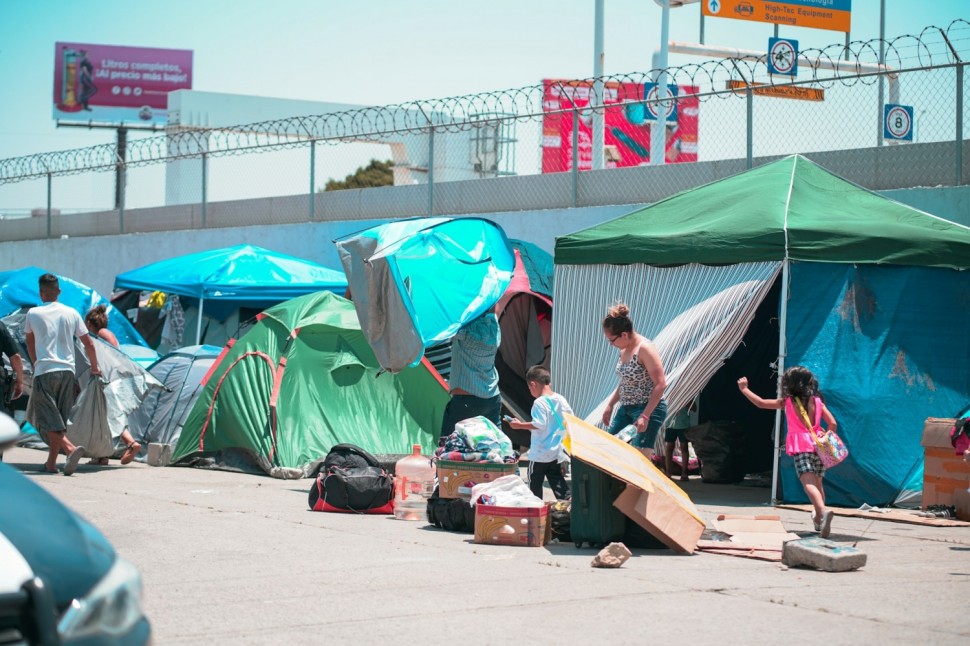Boston Airport's Overnight Migrants Prepare to Depart
Boston's bustling Logan International Airport, a hub of continuous movement and thousands of stories, faces its unique challenge. Dozens of migrants, having turned the floors of Terminal E into a nightly refuge, are now encountering a radical change in circumstances. Massachusetts' recent legislative action means these individuals must seek shelter elsewhere.
Massachusetts Gov. Maura Healey's announcement last month marked the beginning of a transformative policy. Migrants, once found sleeping amid the airport's transient hustle, were given until July 9 to depart. A repurposed facility in Norfolk stands ready to offer free-of-charge accommodation to the migrants.

The Shift from Logan to Norfolk
Close to 300 migrants had sought solace within the confines of Logan Airport just days before the governor's announcement. Their presence, marked by lines of makeshift beds and air mattresses, underscored a significant humanitarian issue. However, as the deadline approached, only 56 remained, presenting a vivid illustration of an ongoing transition under Healey's administration.
The State Correctional Center in Norfolk, once a minimum-security facility, now plays a crucial part in this narrative. Refurbished and repurposed, it opens its doors to around 140 migrants and homeless families, totaling accommodation for approximately 450 individuals. Staffed round the clock, the facility offers a place to sleep, showers, bathrooms, a cafeteria, and even spaces for children to play. Adults benefit from classrooms where they can learn English and receive job training, aiding their journey toward integration.
The Broader Picture of Migrant Assistance
This shift is not just about providing shelter. It embodies a comprehensive approach toward aiding those in need. From housing assistance to work authorization applications and job training, efforts are being ramped up. Yet, these measures come with clear boundaries. Healey's administration has been forthright about Massachusetts' limits in hosting new arrivals, prompting trips to the southern border to convey this message directly.
Boston Mayor Michelle Wu expressed support for the governor's decision, emphasizing the federal roots of this challenge. The push for more federal involvement underlines the multi-layered complexity of migrant assistance, where state actions intersect with national policy and international realities.
As this chapter unfolds, Boston's Logan Airport sees fewer overnight migrants, with the ban firmly in place. The move to Norfolk represents more than just a change of location. It reflects a broader dialogue about responsibility, compassion, and practicality in addressing migration.
The ongoing effort to balance humanitarian needs with state capabilities raises numerous questions. How will these measures shape the futures of the migrants involved? What role should federal agencies play in supporting states like Massachusetts?
Your insights are invaluable as we continue to explore these pivotal issues. Share your comments and thoughts on the path ahead for Boston's airport migrants and the state's evolving approach to helping them.




